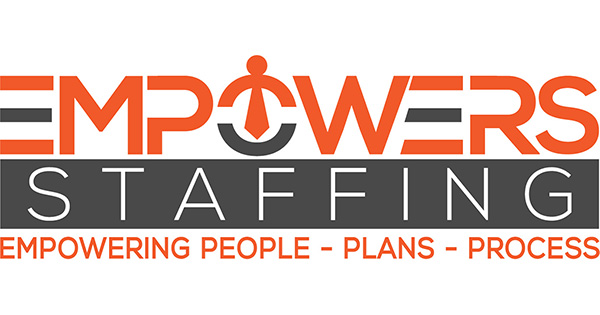How recruiting and staffing agencies are affected by the current economy in the US
Recruiting and staffing agencies in the United States can be significantly affected by the state of the economy. The impact of the current economy on these agencies can vary depending on several factors, including economic conditions, industry trends, and regional variations. Here are some ways in which recruiting and staffing agencies can be affected by the current economic climate:
- Overall Demand for Labor: The strength of the economy often correlates with the demand for labor. During periods of economic growth and low unemployment rates, companies tend to expand and hire more employees. This can lead to increased demand for staffing services as businesses turn to agencies to help them find qualified candidates to fill their job openings. Conversely, during economic downturns, demand for staffing services may decline as companies cut back on hiring.
- Industry-Specific Impact: Different industries may be impacted differently by economic conditions. For example, industries like technology and healthcare may remain relatively stable or even experience growth during economic downturns, while others, such as hospitality and retail, may be more severely affected. Staffing agencies specializing in industries that are negatively impacted by economic downturns may see a decrease in demand for their services.
- Temporary vs. Permanent Placements: Economic conditions can influence the type of placements that staffing agencies handle. In a strong economy, companies may be more inclined to make permanent hires, while during economic uncertainty, they may rely more on temporary or contract workers. Staffing agencies that can adapt to changing placement needs may fare better.
- Budget Constraints: Companies may reduce their budgets for recruitment and staffing services during economic downturns as part of cost-cutting measures. This can lead to increased price sensitivity among clients and competition among staffing agencies to offer competitive rates and value-added services.
- Remote Work Trends: The COVID-19 pandemic accelerated remote work trends, and many companies have continued to adopt flexible work arrangements. This can affect the types of placements staffing agencies handle, as remote and virtual roles become more common. Agencies that can source and place remote talent may have an advantage.
- Skilled Talent Shortages: Regardless of economic conditions, some industries may continue to face shortages of skilled talent. Recruiting agencies that specialize in hard-to-fill roles may continue to see demand for their services.
- Government Policies and Regulations: Changes in government policies and regulations, such as immigration policies, labor laws, and healthcare mandates, can also impact staffing agencies. Agencies may need to adapt their practices to comply with new regulations.
- Geographic Variations: Economic conditions can vary from one region to another. Staffing agencies with a national or international presence may be able to shift their focus to regions with more favorable economic conditions.
In summary, the current economy in the United States can have a significant impact on recruiting and staffing agencies. These agencies need to be adaptable, responsive to changing market conditions, and able to offer tailored solutions to meet the specific needs of clients in different industries and regions. During economic downturns, agencies may need to diversify their service offerings and client base to remain competitive.
Empowers Staffing is not just another recruiting and staffing agency; it’s a partner dedicated to addressing the unique challenges of today’s economy. Empowers Staffing’s specialized approach, honed through experience, allows us to tailor services to meet the specific needs of businesses in any economic climate. Our agency’s commitment to excellence, innovation, and adaptability positions us as a trusted resource for companies seeking a competitive edge in the ever-changing talent landscape. Learn more about our services.


